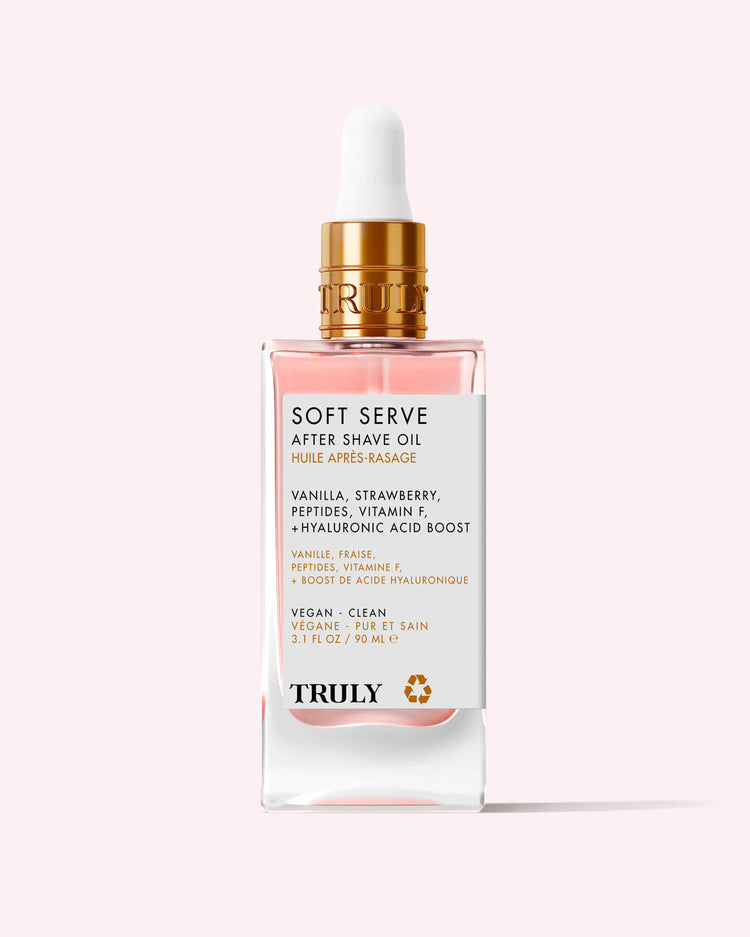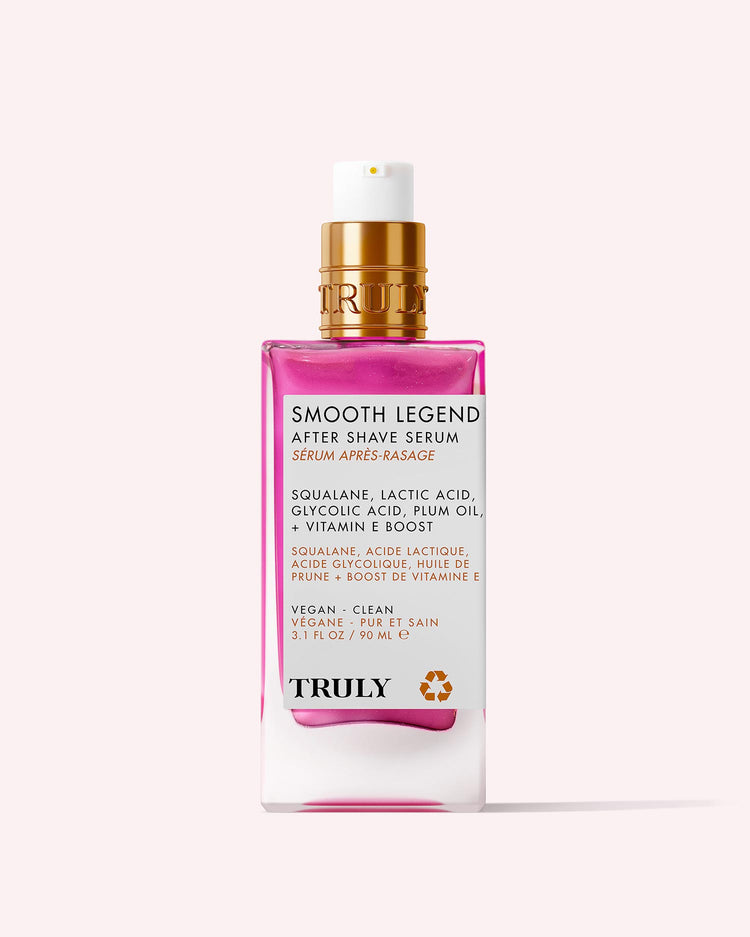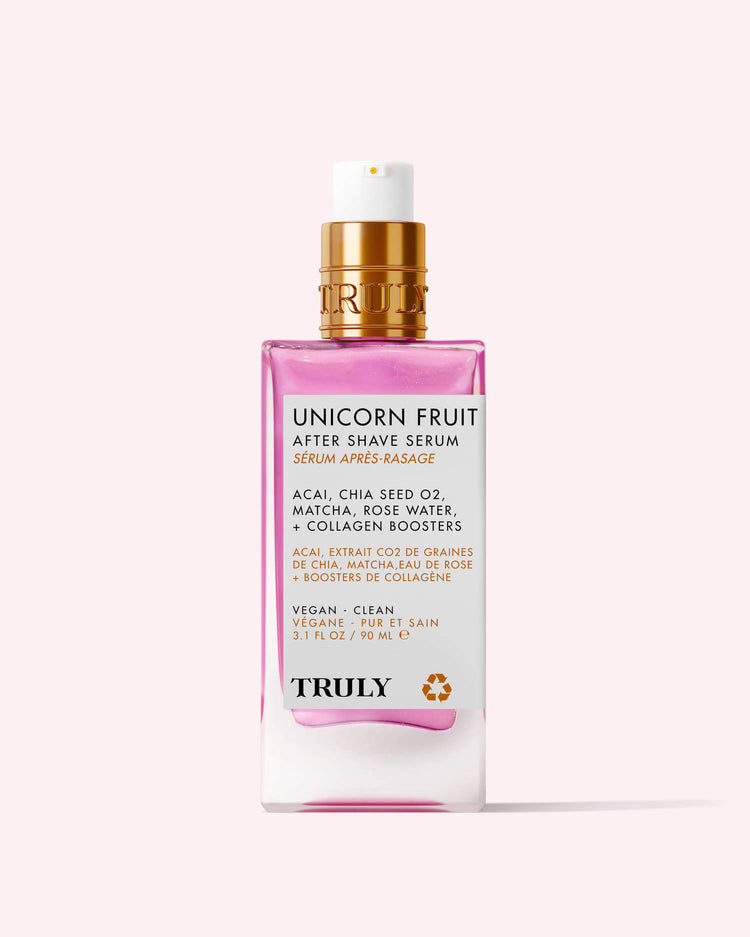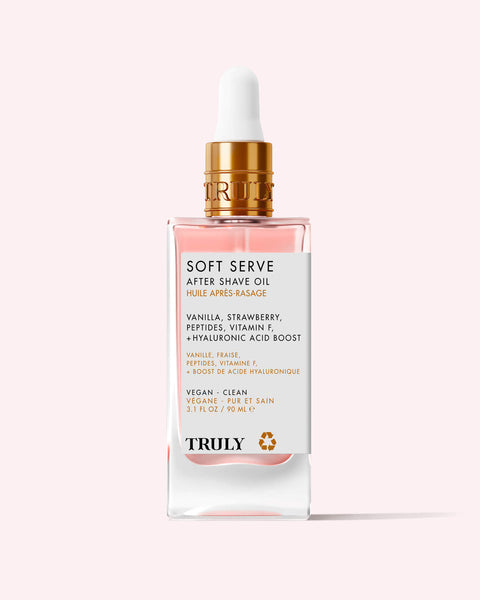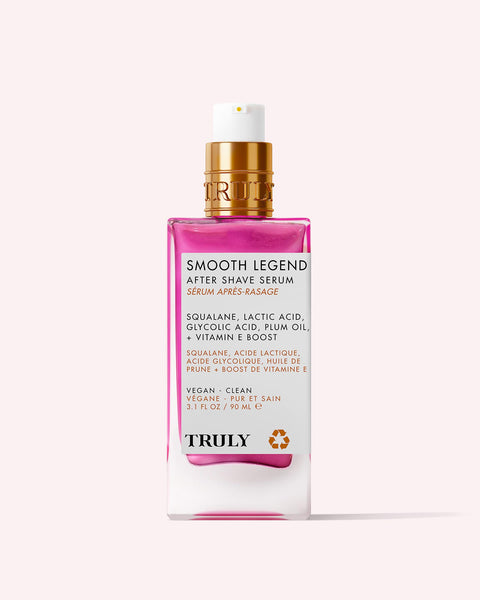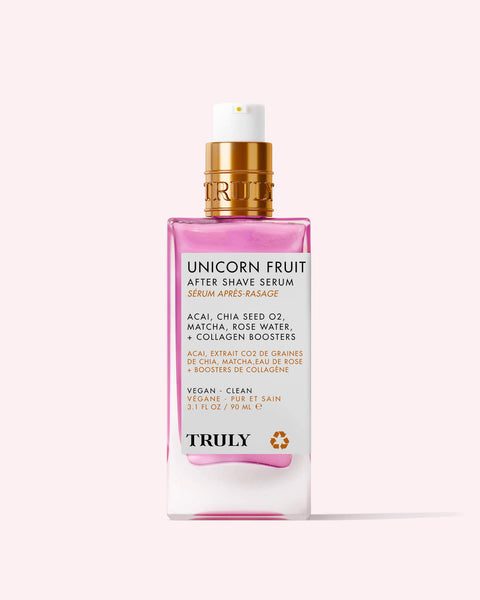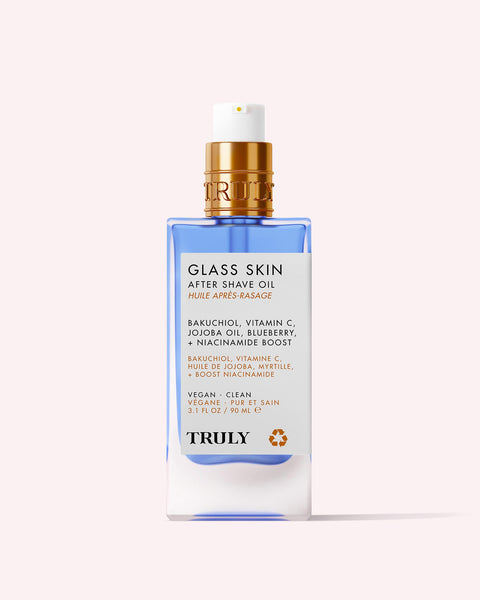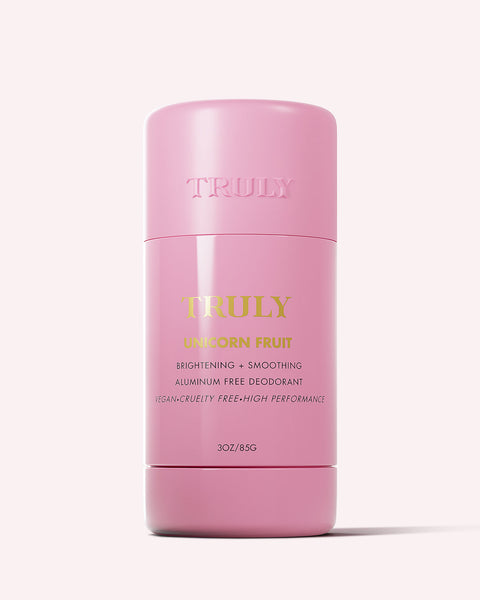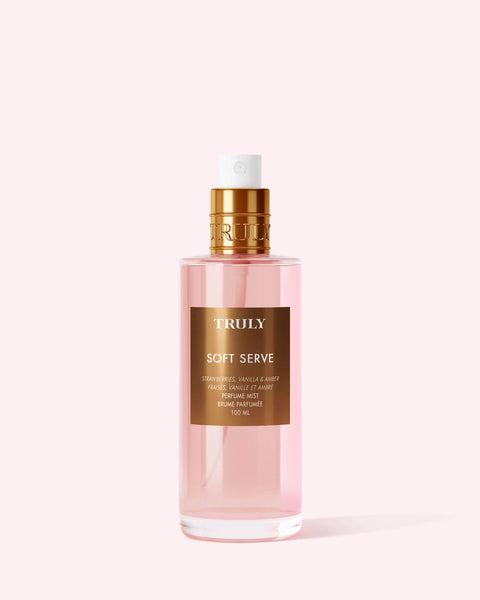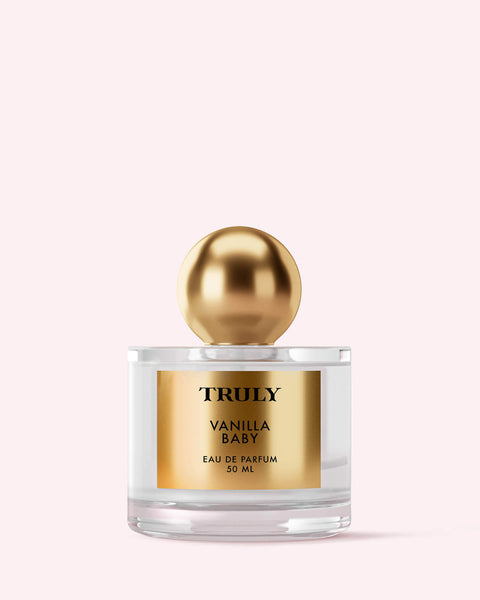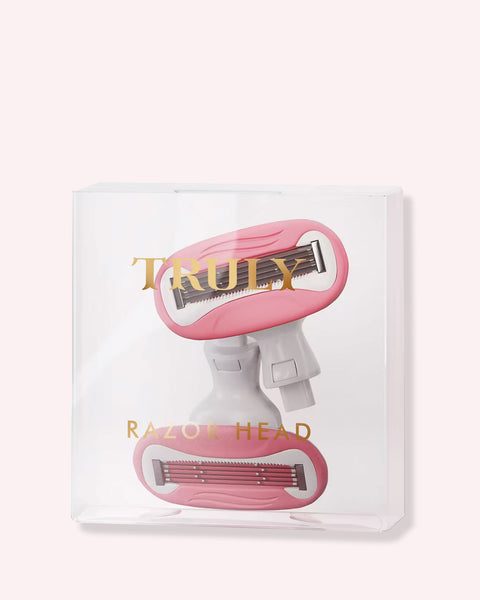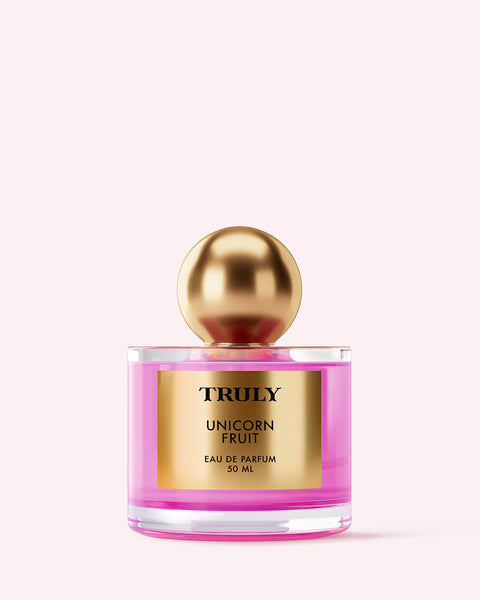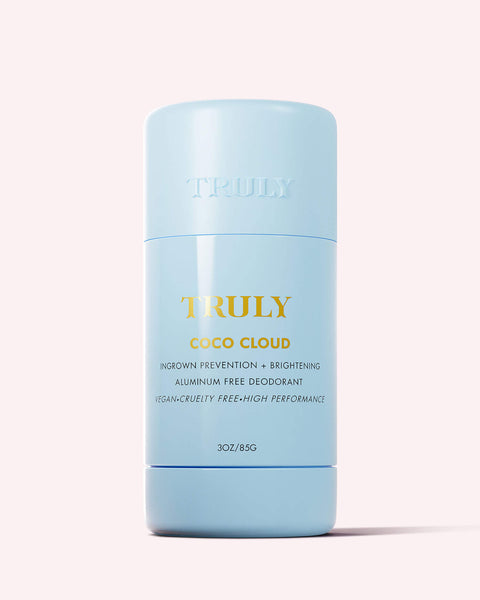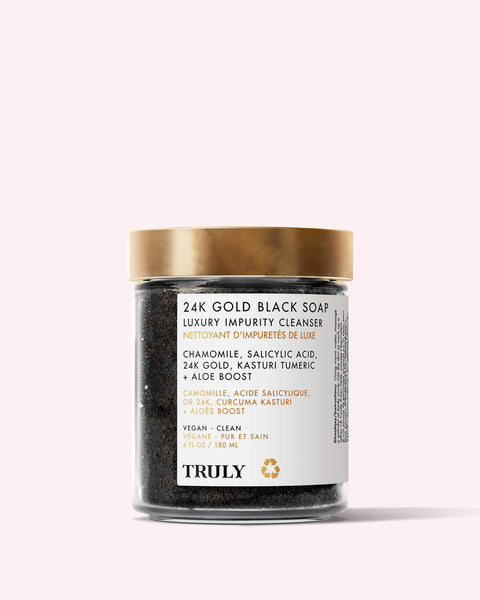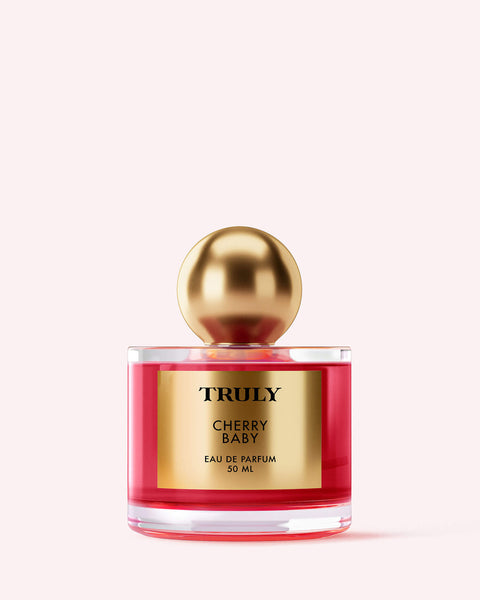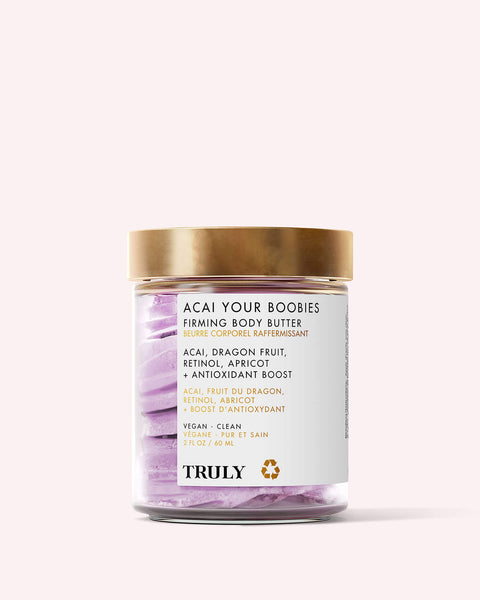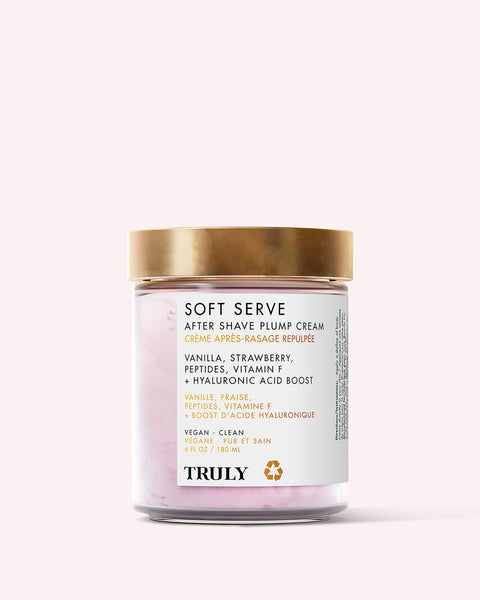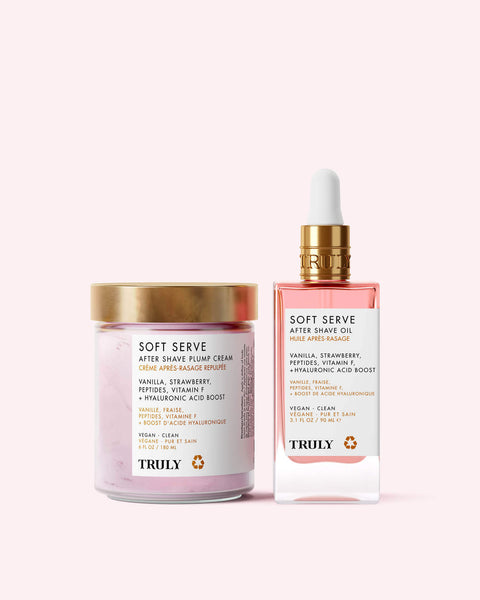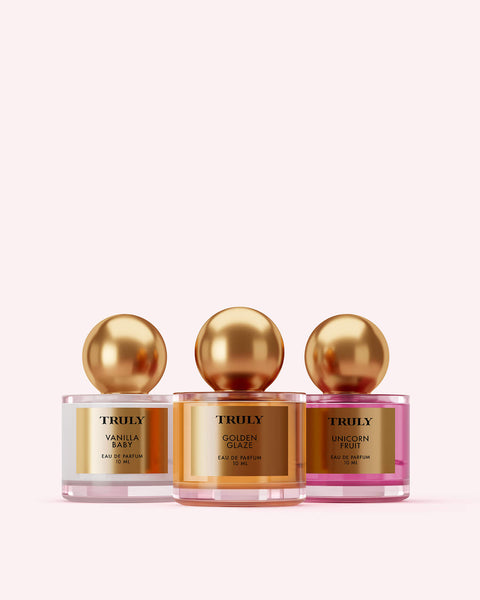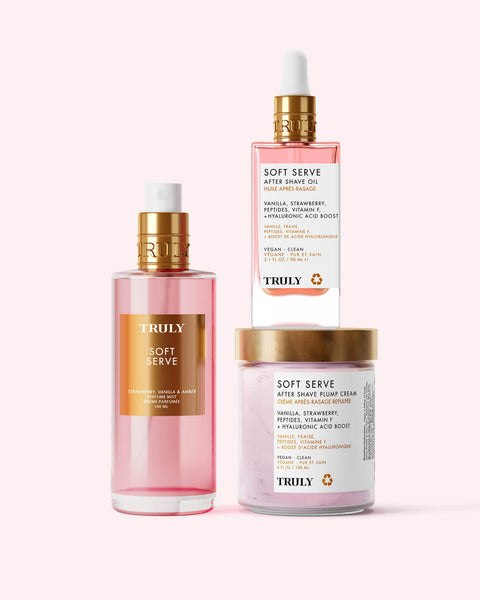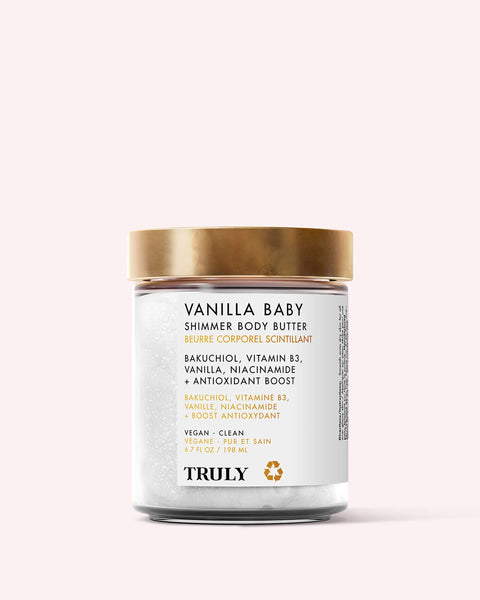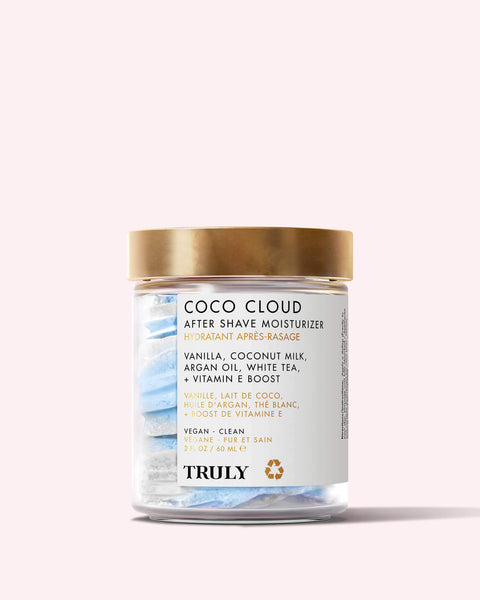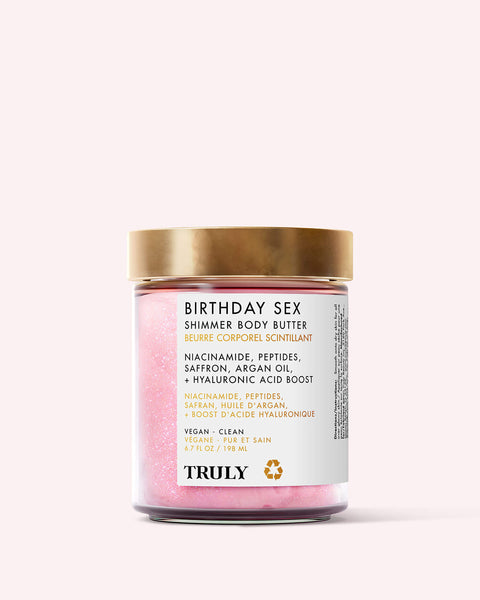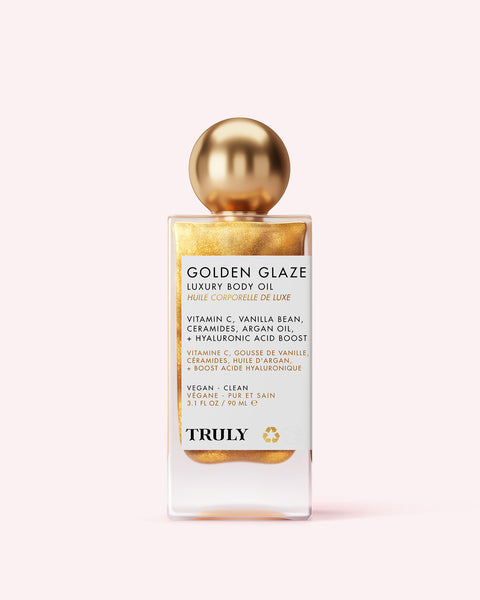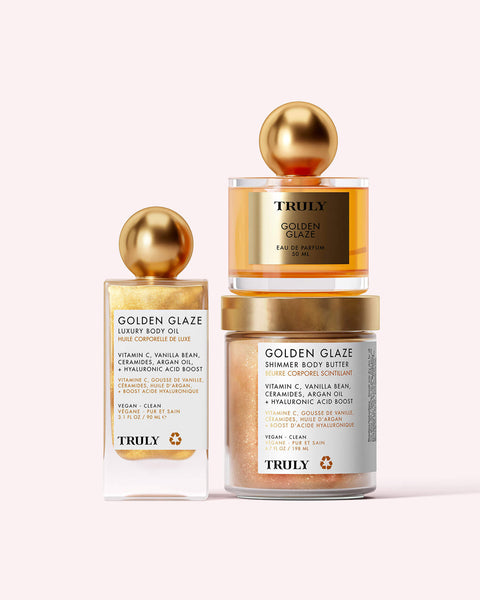Does Vitamin C Help Acne?
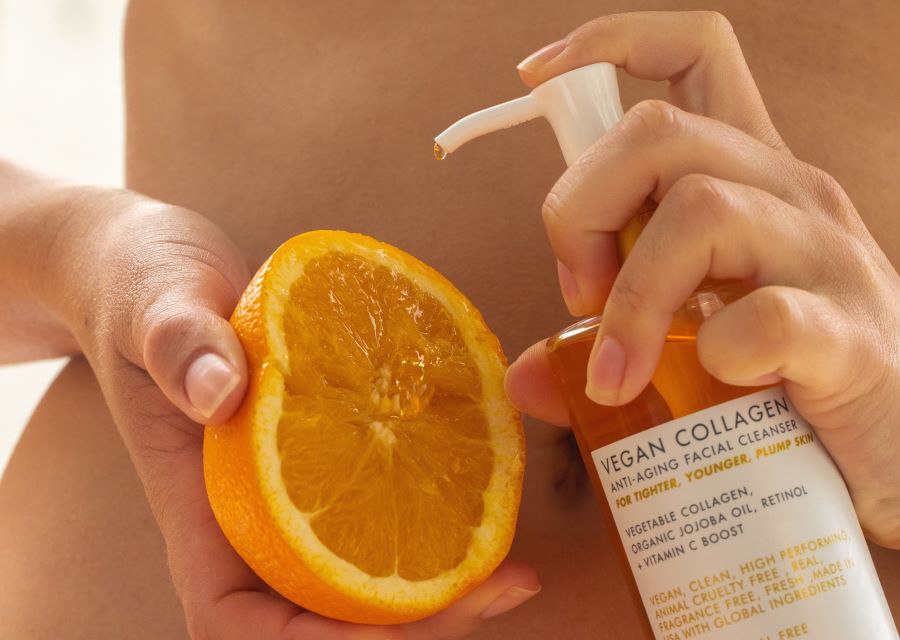
Does vitamin C help acne? You might find yourself asking this question if you’ve tried all the acne treatments in the book to no avail. Or perhaps you’re looking for a gentler method for combating breakouts instead of acids and retinoids. Is vitamin C good for acne?
Vitamin C is a powerful antioxidant that protects the skin from issues such as fine lines, photoaging, hyperpigmentation, and an uneven skin tone. The question is, does vitamin C help with acne? Here’s everything you should know about using vitamin C for acne.
Does Vitamin C Help Acne?
Acne is an inflammatory skin condition caused by clogged pores. When the pores become congested with excess oil and dead skin cells, blackheads, whiteheads, and papules can occur. Research indicates that vitamin C may be helpful for addressing acne breakouts.
1: It Reduces Acne-Related Inflammation
Studies have shown that vitamin C applied topically can reduce the number of acne lesions thanks to its anti-inflammatory and antioxidant properties. It may also reduce redness related to acne when applied topically, improving the appearance of blemishes.
During a 12-week research trial involving 50 individuals, those who applied a lotion containing 5% sodium ascorbyl phosphate (SAP) experienced notable improvements in acne lesions, with a 61% improvement, in contrast to a control group. SAP is a stable, water-soluble form of vitamin C.
2: It Encourages Cell Turnover
Cell turnover refers to the process of shedding old, dead skin cells and replacing them with new, healthy cells. Vitamin C accelerates this natural turnover process. By promoting the shedding of dead cells, it helps reveal fresh, radiant skin underneath.
This renewal of skin cells can be particularly beneficial for individuals dealing with acne, as it helps to prevent clogged pores. Dead skin cells can accumulate and contribute to clogged pores, leading to the development of acne. By facilitating the exfoliation process, vitamin C promotes a smoother complexion and reduces the likelihood of pores becoming congested.
3: It Improves Hyperpigmentation

Does vitamin C help acne hyperpigmentation? It can indeed. Those dark patches left over from acne (also known as post-inflammatory hyperpigmentation) can happen as inflammation activates melanocytes, stimulating melanin production. Melanin, transferred to nearby skin cells, results in darker spots. Vitamin C can help by inhibiting melanin production, fading dark spots and hyperpigmentation.
What’s more, vitamin C functions as a brightening agent and can reduce the appearance of hyperpigmentation. It’s known for its ability to improve overall skin tone.
4: It Fades the Appearance of Scars
It can take a while for skin to heal after a breakout. When skin doesn’t heal properly, acne scars may develop. There are three main types of acne scars: atrophic, hypertrophic, and keloidal.
Atrophic scars are small indentations in the skin that result in the loss of skin tissue and collagen. Both hypertrophic and keloidal scars occur due to collagen overproduction and appear as raised scar tissue.
Is vitamin C good for acne scars? Vitamin C can fade acne scars by increasing the synthesis of collage which may accelerate the healing of acne wounds. One study found that participants saw moderate improvements in acne scars after combining microneedling with a 15% vitamin C topical cream once per week over the course of four weeks.
Shop the Best Vitamin C Products
Does vitamin C help acne? It sure does! Here are some of the best vitamin C skincare products that you can use to achieve clear, glowing skin from head to toe.
Truly’s Vegan Collagen Booster Set
SHOP NOW
Get a major vitamin C boost from this 5-step set! You get: a cleanser, serum, mask, body cream and polish, all infused with vitamin C and retinol to unlock clear, plump, and radiant skin. Each formula works together to boost collagen and spur cellular turnover while drenching skin in moisture. The result? Smooth, supple, and ultra-firm skin with no sign of blemishes.
What reviewers say:
“If I could give 6 stars I would. I struggle more now that I am in my 30s than I did as a teen with acne and scarring. I have only been using this kit about two weeks and the results and improvement with scarring and dark areas are incredible.”
Truly’s Barbie™ The Movie Bedtime Duo
SHOP NOW
A dreamy duo to help you wind down—and wake up to luminous skin. Barbie™ The Movie Glow Jelly Face Mask increases cell turnover and enhances collagen production to smooth and clarify skin. Supercharged with glycolic acid, vitamin C, and adaptogens. Dreamy Barbie™ The Movie Adaptogenic Bedtime Butter calms and soothes with a stress-relieving blend of ashwagandha and ginseng to ease you into a deep sleep while softening fine lines and firming your skin.
What reviewers say:
“Sooooo cute! Satisfying swirl, delicious smells, smooth feeling. The mask doesn’t need washed off which is awesome. Butter up, mask on, and sleep!”
Truly’s Super Star Bundle
SHOP NOW
Get clear skin in three easy steps! What’s inside: a vitamin C serum + mask + star-shaped acne patches to clear up blemishes, brighten skin, and fade discoloration. Vitamin C and retinol gently resurface, brightening your complexion and gradually fading acne scars. Meanwhile, the BHA-based acne patches absorb oil, gunk, and impurities to zap away zits overnight.
What reviewers say:
“Gives dewy skin and definitely plumps! Works for acne too! And dark spots/scars!”
Side Effects of Vitamin C for Acne
Most vitamin C products are safe to use and irritation is unlikely. However, it’s always best to do a patch test before applying vitamin C to skin. This will show you how your skin reacts to the product and whether or not it is suitable for your skin.
If you have very sensitive skin, dermatologists advise against using products with L-ascorbic acid which can cause redness. That being said, it’s always worth monitoring how your skin reacts to different vitamin C formulas. In most cases, your skin should react well to vitamin C serums and creams.
How to Use Vitamin C for Acne

Does vitamin C help acne? It’s clear this potent antioxidant can do a lot of good for acne-prone skin. But what’s the right way to use it?
Choose a serum with L-ascorbic acid in a concentration suitable for your skin sensitivity. Apply the serum to clean, dry skin, focusing on acne-prone areas. Start with a lower concentration (10%) and gradually increase. You can also reap the benefits of vitamin C for acne in the form of cleansers, creams, and masks.
Remember to pair vitamin C with a broad-spectrum sunscreen to protect your skin from UV damage. Dermatologists say vitamin C can actually maximize the effectiveness of your daily SPF so applying them together can heighten UV protection.
Does vitamin C help acne? It certainly can treat acne and even improve the appearance of acne scars over time. The secret to getting the most out of this ingredient is using it consistently in your skincare routine.


